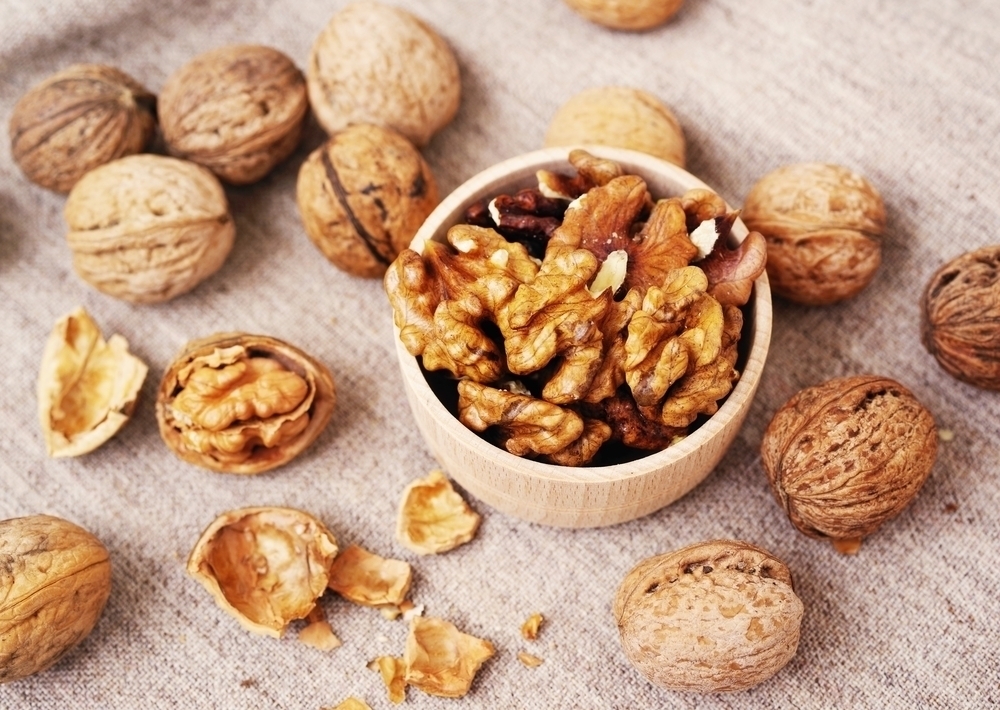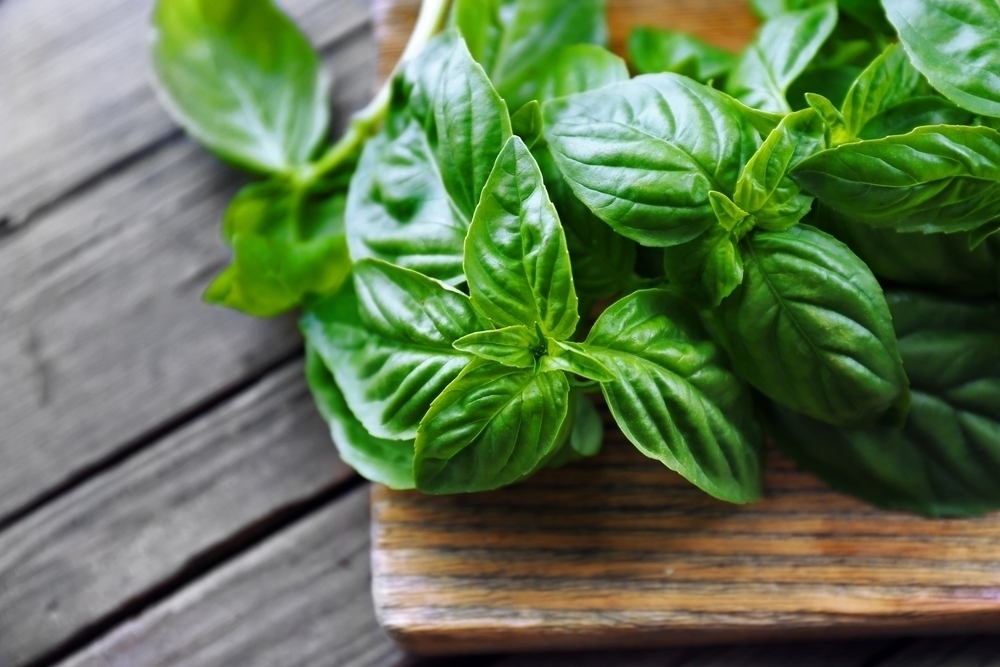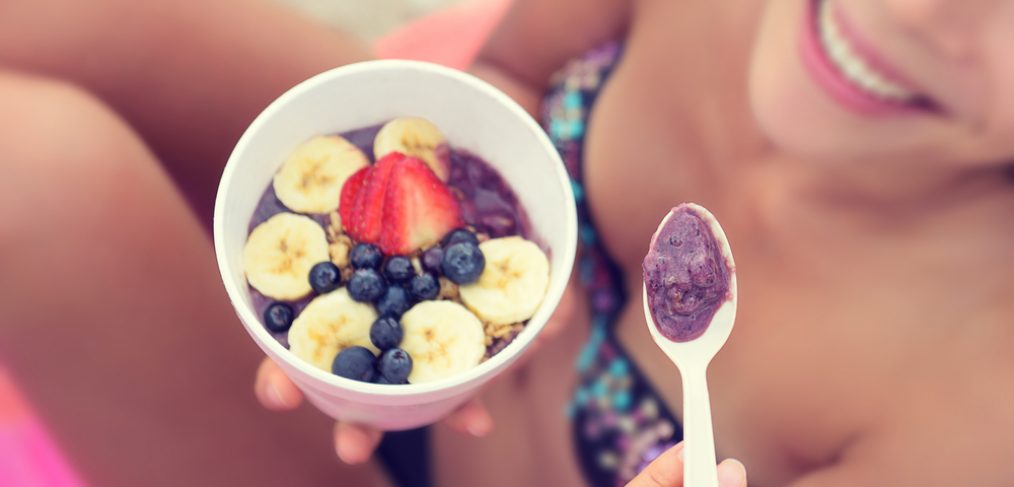If you suffer from insomnia, you may look back nostalgically on Thanksgiving nights falling asleep in front of the TV with the taste of sweet potato casserole still lingering on your tongue. While it’s easy to understand how the concept of self-induced food coma may seem tempting to the sleep deprived, it may not be the best health option, and there is only so much leftover turkey one can take.
However, that is not to say there is not a link between eating and sleeping. There is scientific proof that certain foods are more conducive to sleep than others. But before you establish running credit at the deli counter, you may want to know your options.
Walnuts
No only do walnuts contain heart-healthy fats, they also have been found to contain melatonin, a bodily hormone that plays a role in regulating sleep cycle. Dr. Erin Palinski Wade, RD, CDE says, “Try snacking on a small handful about 20 minutes before bed to help you relax and reach a deeper state of restful sleep.”

Bananas
In addition to having high levels of serotonin and melatonin, bananas are also packed with magnesium. Magnesium promotes sleep by decreasing levels of cortisol in the body, a hormone know to interrupt sleep patterns. Although eating the fruit itself has its calming benefits, most of the sleep-inducing power is in the peel. The daring may consider sprinkling banana peels with cinnamon to make them more palatable.
Tart Cherry Juice
A study published in the journal of the Federation of American Societies for Experimental Biology tracked the effectiveness of tart cherry juice, which contains melatonin, on older adult insomniacs. The participants who were given 8 oz of tart cherry juice twice a day slept an average of 87 minutes longer each night than those who received a placebo. Nutritionist Kayleen St. John, RD, explains, “Other study data has shown a significant elevation in melatonin in groups consuming cherry juice.”
Basil
Palinski Wade says, ” The plant contains sedative properties, which can help you fall and stay asleep. And as a bonus, it not only helps promote sleep, but is great for reducing indigestion,” a further sleep interrupter. She continues, “Research on this shows the sedative properties come mostly form the hydroalcoholic extract and essential oil of O. basilicum.” She points out that liquid basil extracts are available at the market and can “be used to flavor food, as a supplement, or as an essential oil.

Milk
It seems the common beliefs about the sleep-promoting abilities of milk are not without merit. “Milk may control melatonin production since it is a great source of calcium, ” Palinski-Wade explains. “Milk is also rich in the amino acid tryptophan, which has a calming effect on the body.”
Vitamin B6
According to Mary Hartley, RD, ” When we fall asleep, levels of serotonin rise and adrenaline levels fall. Serotonin, the relaxing hormone, is partly made from the amino acid, tryptophan, which is activated by Vitamin B6.” Fortunately, B6 can be found in a wide variety of foods, such as potatoes, fortified breakfast cereal, chicken, fish, peanut butter, fish, bananas, and several vegetables, so deficiencies are uncommon.
Do you go to the fridge when insomnia strikes? Tell us about it. And let us know how the cinnamon banana peels turned out!





